Cleo Smith abductor Terrence Kelly appeals ‘manifestly excessive’ jail sentence
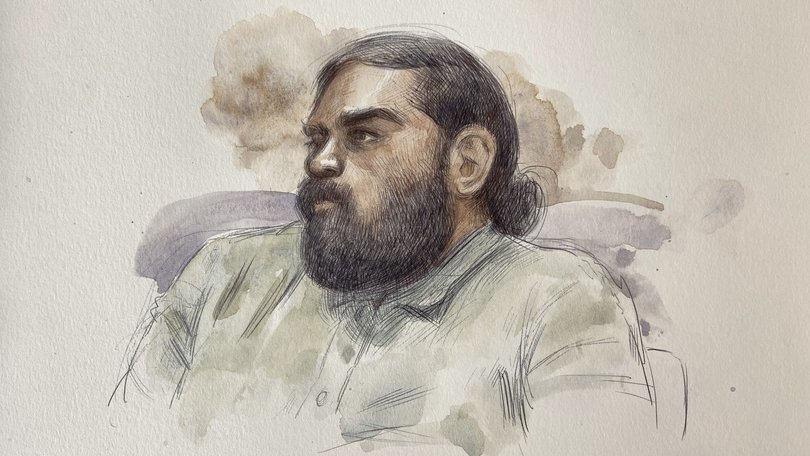
The jail time handed to Terence Kelly for stealing little Cleo Smith from her parents — prompting one of the most miraculous human recoveries in Australian history — should be reduced because the judge who jailed him made a series of serious errors.
That is the argument placed before WA’s highest court on Wednesday, by one of Australia’s most fearsome lawyers.
Kelly was jailed for more than 13 years for abducting the then four-year-old from her family’s tent at a Carnarvon campsite then keeping her captive for 18 days.
Sign up to The Nightly's newsletters.
Get the first look at the digital newspaper, curated daily stories and breaking headlines delivered to your inbox.
By continuing you agree to our Terms and Privacy Policy.But barrister Julie Condon argued that sentence was “manifestly excessive” because she claimed that the abduction of the little girl was not in the worst category of similar cases.
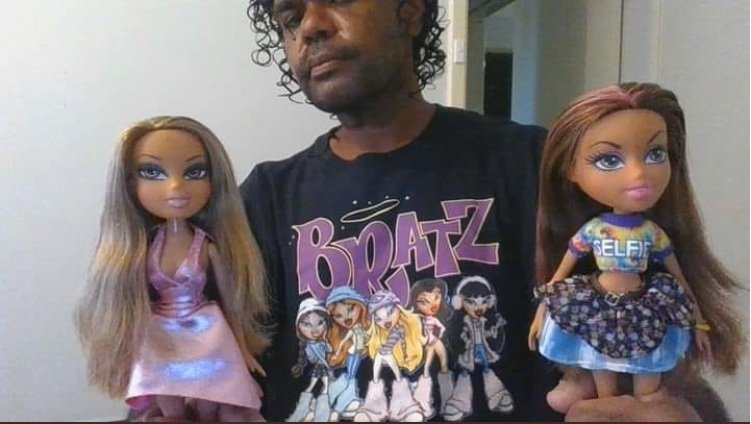
“On any view, this was not offending that was in the worst category of offending,” Ms Condon argued.
“It was spontaneous and opportunistic ... and wasn’t the subject of planning or well thought out intention. There was no surveillance in advance. There was no violence.
“He made 12 references to (intending to) stealing money not a child. Replete with expressions of remorse, and multiple references to the guilt that he felt almost immediately after he engaged in the child stealing.”
Justice Buss commented that “it started out that way”.
“It then continued for 18 days,” he said.
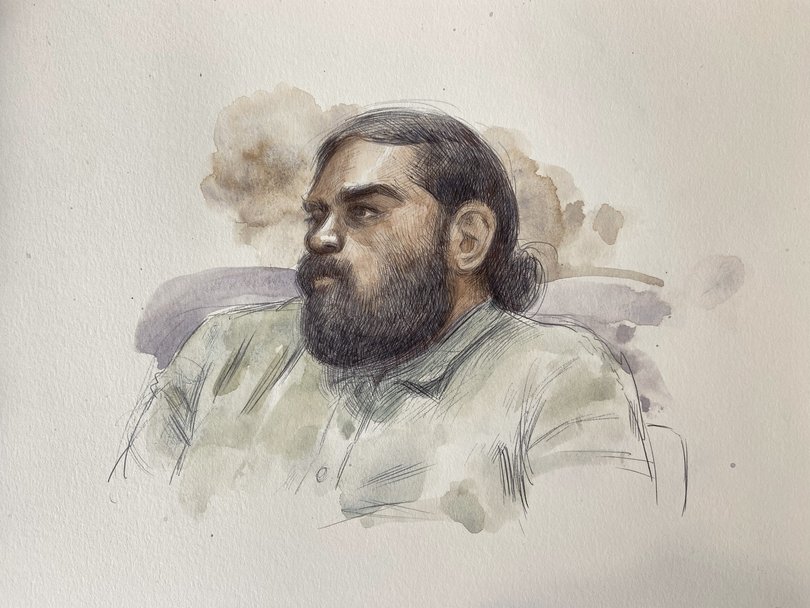
During an earlier sentencing hearing, it was revealed for the first time that Kelly was high on meth when he snatched Cleo in October 2021.
It was that use of the drug that District Court Chief Judge Julie Wager found — coupled with his complex personality issues, mental impairments and neuropsychological conditions — played a “significant role” in why he snatched Cleo.
And it is that conclusion which Ms Condon said went fiercely against Kelly’s interest — but was not open for her to make based on expert evidence given before the District Court sentencing hearing.
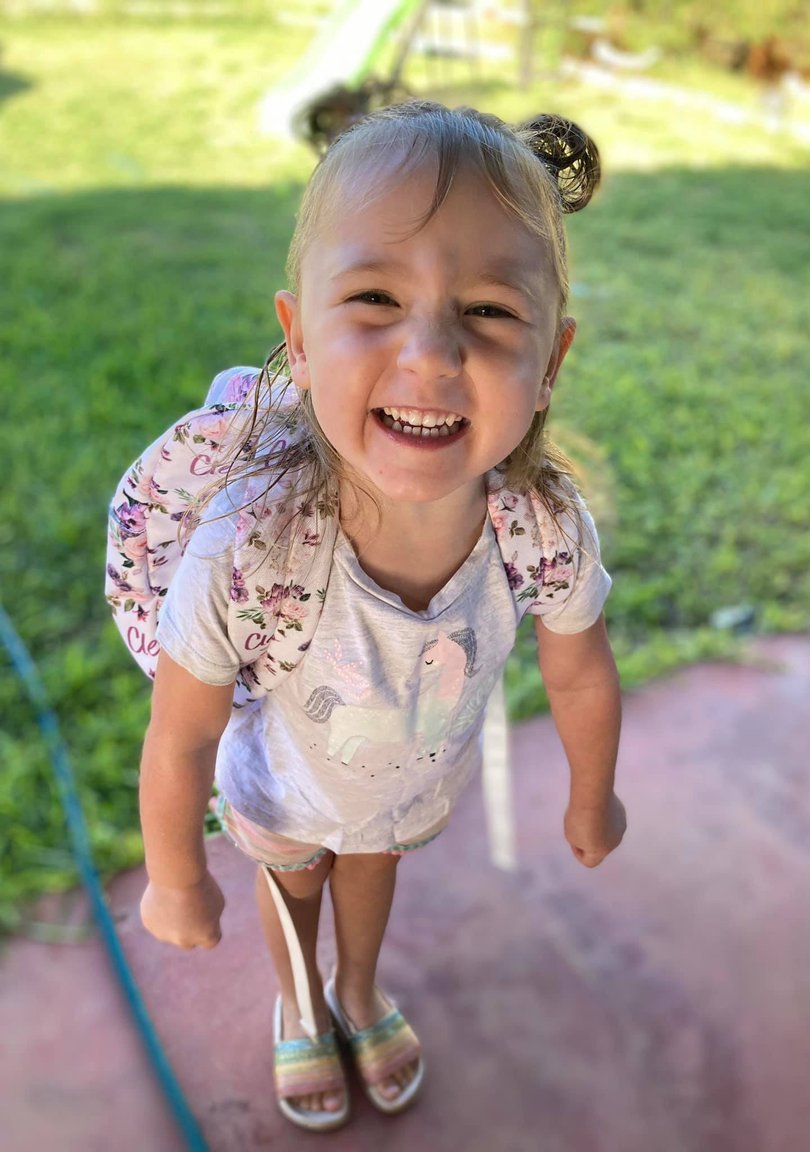
Ms Condon — who last week was representing drug lord Tony Mokbel in a court in Victoria — argued for more than an hour that Judge Wager was wrong in concluding that meth use was a “tipping point” in Kelly’s actions in snatching Cleo.
Three of WA’s most experienced judges — Justices Michael Buss, Robert Mazza and Stephen Hall — will decide the appeal.
And they all quizzed Ms Condon at length about why Kelly’s meth use should not be taken as a major factor in what one of them described as Kelly’s “completely bizarre and very disturbing behaviour”.
“(It was) crying out for some sort of inquiry (by the judge) … sentencing judges do not sit mute,” Justice Mazza said.
“It is obvious this is a factor … it is blindingly obvious”.
Ms Condon said in written submissions to the court that Judge Wager had become “fixated” on Kelly’s drug use as a major factor, along with his complex mental health issues, and severely deprived childhood.
She withdrew that remark when Justice Mazza said the phrase was “unhelpful”.
In Kelly’s second main appeal point, his lawyers claim that Judge Wager “failed to give appropriate weight to the applicant’s childhood disadvantage and trauma.”
So-called ‘Bugmy Principles’ — set out in the High Court more than 10 years ago — mean that “background factors” including Aboriginality and social disadvantage must be given “full weight in the determination of the appropriate sentence in every case”.
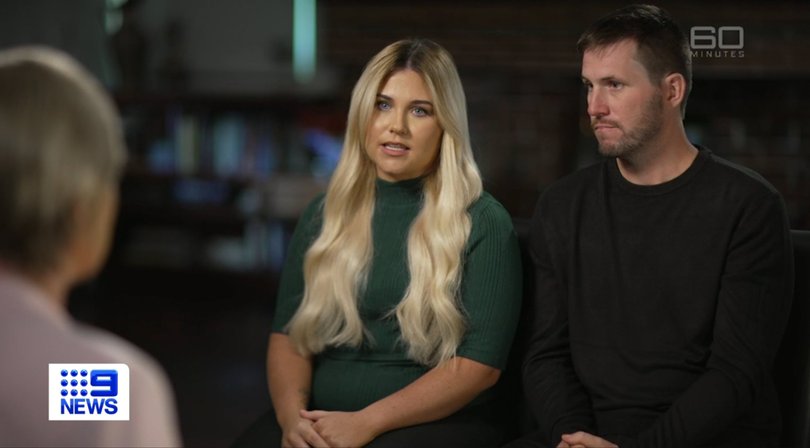
Kelly’s lawyers say Judge Wager did not give his shocking personal background enough weight in her sentencing.
That background included Kelly having a severe personality disorder, PTSD, being exposed to chronic childhood trauma at an early age and his profound disadvantage.
The court was told Kelly’s mother drank heavily, and his father was abusive and he was abandoned by both parents when he was just 2½ years old.
A child protection report at one stage found alcohol in his baby bottle.
And because of his traumatic upbringing, the report author said he developed a fantasy world as a coping mechanism to escape his loneliness and longed for a little girl he could “dress up, play with and be with”.
Ms Condon said Judge Wager had only made a “passing reference” to those principles in her sentencing remarks, which she said “bespeaks error”.
“There was a failure to apply the principles in a number of ways,” Ms Condon said.
When officers raided his home, they found Cleo alone in a bed — some 75km south of where she disappeared and just minutes from her family home. They also found the house was filled with dolls.
After her rescue, Cleo’s mum, Ellie Smith, revealed in a TV interview that she believed Kelly was trying to turn her daughter into a doll and had dyed her hair pink.
It was also revealed during Kelly’s sentencing hearing that he had befriended Ellie on social media in the days after he snatched Cleo and kept up appearances by driving around town, attending relatives’ homes as well as arts and crafts meetings in a bid to conceal what he had done.
The court was also told Kelly “roughed up” the youngster a few times because she was being noisy and “bossy” asking for chocolate but claimed he wanted to make sure the child was “comfortable”.
And he tried to tie her hands and feet to a chair using sticky tape but abandoned the plan because “she was a bit of a fighter”.
The appeal hearing continues.
Originally published as Cleo Smith abductor Terrence Kelly appeals ‘manifestly excessive’ jail sentence
